[Donations have now closed- thanks to all who donated!]
The Donation Election Fund is now open! Donate now to make the donation election a bigger deal, promote effective giving conversations, or simply to get your hands on our rewards.
The CEA Online Team will match[1] the first $5,000 in donations.
Money in the Donation Election Fund will be disbursed to the three winners[2] of the Donation Election (proportionate to their vote). EA Forum users will vote to determine the final winners. We don't yet know the full list of candidates, but we currently have at least 18, and expect more.
If there is a charity or project of a charity you'd particularly like to take part (which either is or is fiscally sponsored by a registered charity in the UK or a 501(c)3 in the US), tell them to contact me[3].
Rewards for donors
Sadly, Lizka is no longer on the team, so we can't offer beautiful portraits like these (1,2). However, bad animals, and several other rewards, are still on the menu!
Rewards are detailed below:
Rewards for individuals giving above a certain amount.
Note that you can opt-out of all rewards. Don't feel discouraged if you want to donate but hate bad animals.
| If you donate... | You get... |
|---|---|
| >$10 | An "I donated" flair until the end of Giving Season. In other words, one of these guys next to your name on the Forum: 
|
| >$50 | A bad animal drawing, featuring an animal (and optionally a prop) of your choice. We'll comment or quick take these onto the Forum, with you tagged (I'll message you for an OK on tagging before posting). For example, this octopus with glasses: 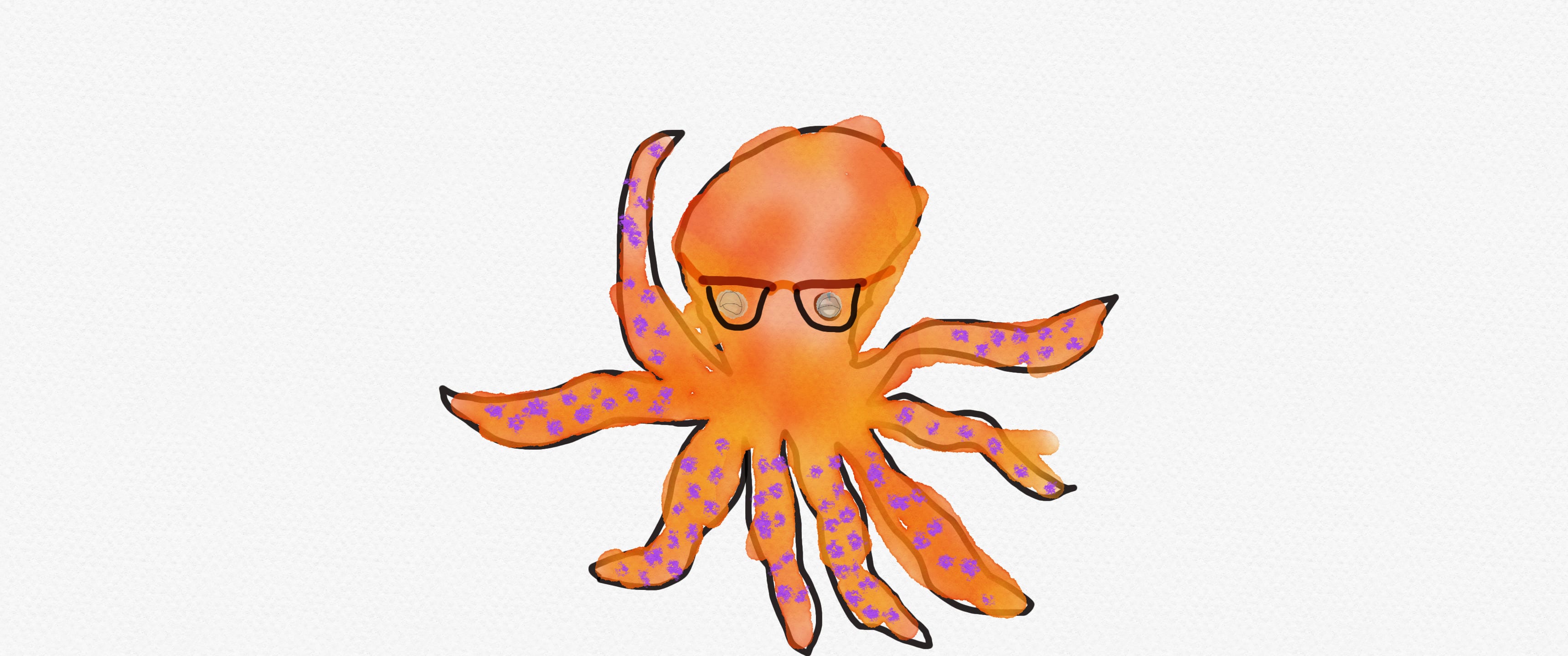 |
| >$750 | A lino-print by me (@Toby Tremlett🔹) of your pet, favourite statue, or really anything apart from a human face. Optionally posted to your door. Examples. NB- these might take a long time to reach you if I get a lot of requests. I'll be in touch about that. |
After donating, you'll get a thank you email with instructions for claiming your reward. (This post may go up before the email is set up- in that case, message me with a screenshot of your receipt and I'll get you your reward).
Rewards for everyone, if the fund raises above a certain amount.
| If the fund gets... | Forum users get... |
|---|---|
| >$15,000 | Another "Ways the world is getting better" banner in January. 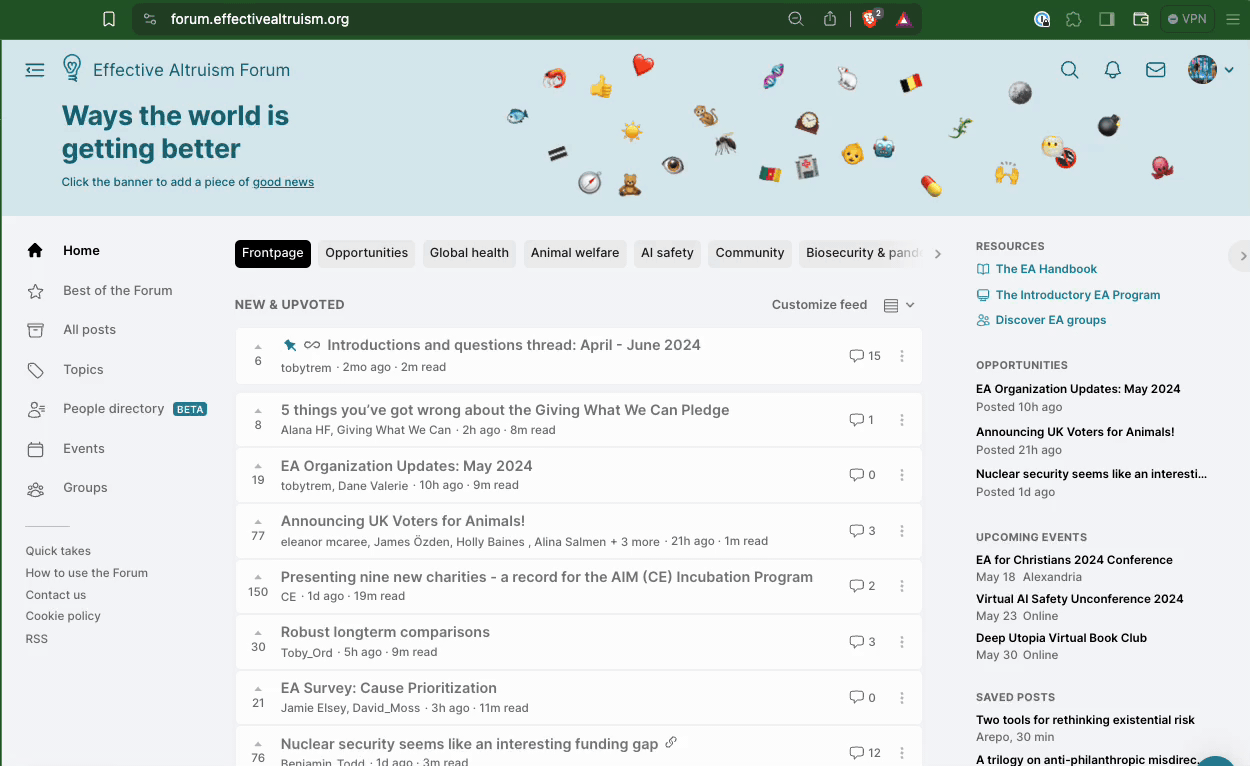 |
| >$25,000 | Celebratory Bulbys burst out of all buttons pressed on the Forum. Finally, the poor lad can experience something pleasurable. 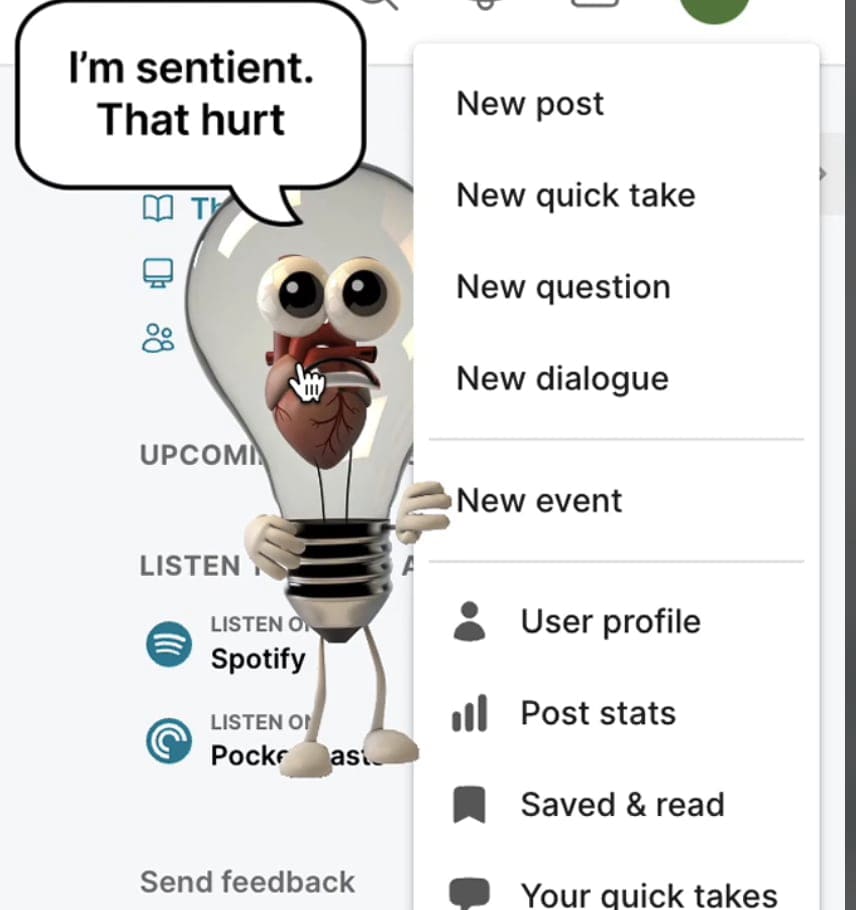 |
| >$35,000 | To take part in a Comment Amnesty Day early next year- a day to reply to comments on your posts, or in threads, no matter how old they are. |
| >$45,000 | To propose and vote[4] on the next debate week. |
FAQ
Why should I donate to the Donation Election Fund?
Contributing to the Donation Election Fund could be a good way to improve how Giving Season goes this year, while also directing more funding to promising projects that could productively use it.
- You might believe that the Donation Election will choose more cost-effective projects than you would, or subvert biases which you wouldn't endorse on reflection. Although you can also donate to a fund if this is your main objective.
- Donating could improve the EA community’s understanding of key questions related to effective giving and boost the extent to which effective giving is a core part of effective altruism.
- A larger Donation Election Fund would encourage more and better participation in these events — increasing the events’ impact. People would feel more motivated to follow the discussions, share their uncertainties or disagreements, explain in greater detail what their projects do and how they would use extra money, etc.
- This is important because many people discovered the EA community in the past couple of years, and probably missed a lot of discussions on donation choice, considerations around earning to give, and other topics in effective giving. And even people who've been around the movement for much longer might have gone a while without examining their thoughts on these topics. The Donation Election this year will be much more discursive (with live votes on the banner after the first few days, and a discussion thread for people to explain their votes). We hope this will lead to (re)litigation of important donation considerations, and improve our collective knowledge.
- Donating will also likely make the donors themselves feel more invested in Giving Season and the Donation Election, and contribute more to the event, making it a particularly vibrant time on the Forum.
- You might want to donate to multiple different kinds of projects in order to make changing your mind about cause prioritization easier, or maybe to hedge your donations. Donating to the Donation Election Fund could help you make impactful donations that you wouldn't have otherwise considered making.
Why should I not donate to the Donation Election Fund?
You probably shouldn't donate to the Donation Election Fund if you have good reason to think your money will do more good given to a specific donation opportunity. For example, if you have privileged knowledge about a particular opportunity.
Also, if the charities you would most want to vote for aren't 501(c)3's in the US or registered charities in the UK, they won't be included in the Donation Election.
I'm a UK Donor, will I be able to giftaid my donation?
Unfortunately not. This was a trade-off we decided to take in order to allow a broader range of charities to take part in the Donation Election. Since we are hosting the fund on every.org, there won't be an option for giftaid.
How will voting in the Donation Election work?
We will post about this at the start of the election, or before. We are planning on using the same method as last year, but perhaps slightly simplified.
Do I need to donate to vote?
No, and donating will not affect your voting power. To qualify to vote, you must have had an account on the Forum before the Giving Season announcement was posted (October 22nd). If you have multiple accounts, you can only vote once.
Let me know in the comments or dm me if you have more questions. If they are frequently asked, I'll edit my answers into the text and link them for you.
- ^
You should probably view the match as a signal that we’re taking the Donation Election Fund seriously, and possibly as an opportunity to move funds designated for CEA towards projects chosen by Forum users. Whether or not this match is “counterfactual” is complicated- the match amount will likely be hit pretty quickly, so you are unlikely to genuinely add $40 to the pot by donating $20, if you donate while the match is still in effect. The match also may lag behind your donation, so don't worry if you only see the total amount go up by the amount you donate.
- ^
CEA and EV reserve the right to remove candidates for any reason at any time until the disbursal of funds. The most likely reason for this would be if the candidates did not in fact qualify for the election (if they weren't a 501(c)3 or UK registered charity, or weren't fiscally sponsored by one).
- ^
at toby [dot] content [at] centreforeffectivealtruism [dot] org, or via the Forum.
- ^
I'll make a thread for people to propose debate week topics, and all answers which have more than X (where X is probably 15) agree reacts by the end of the week, will be made into a poll.

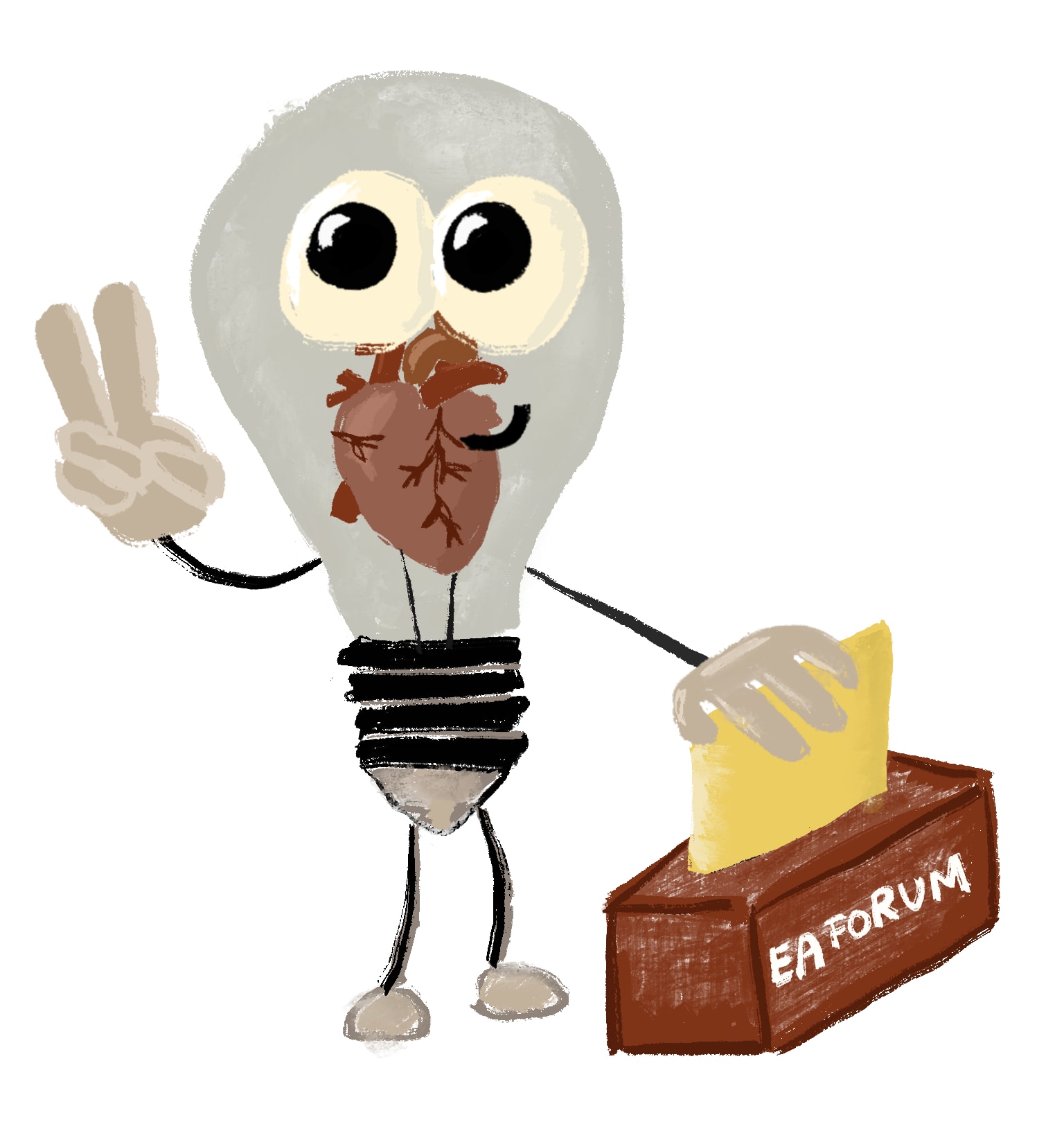
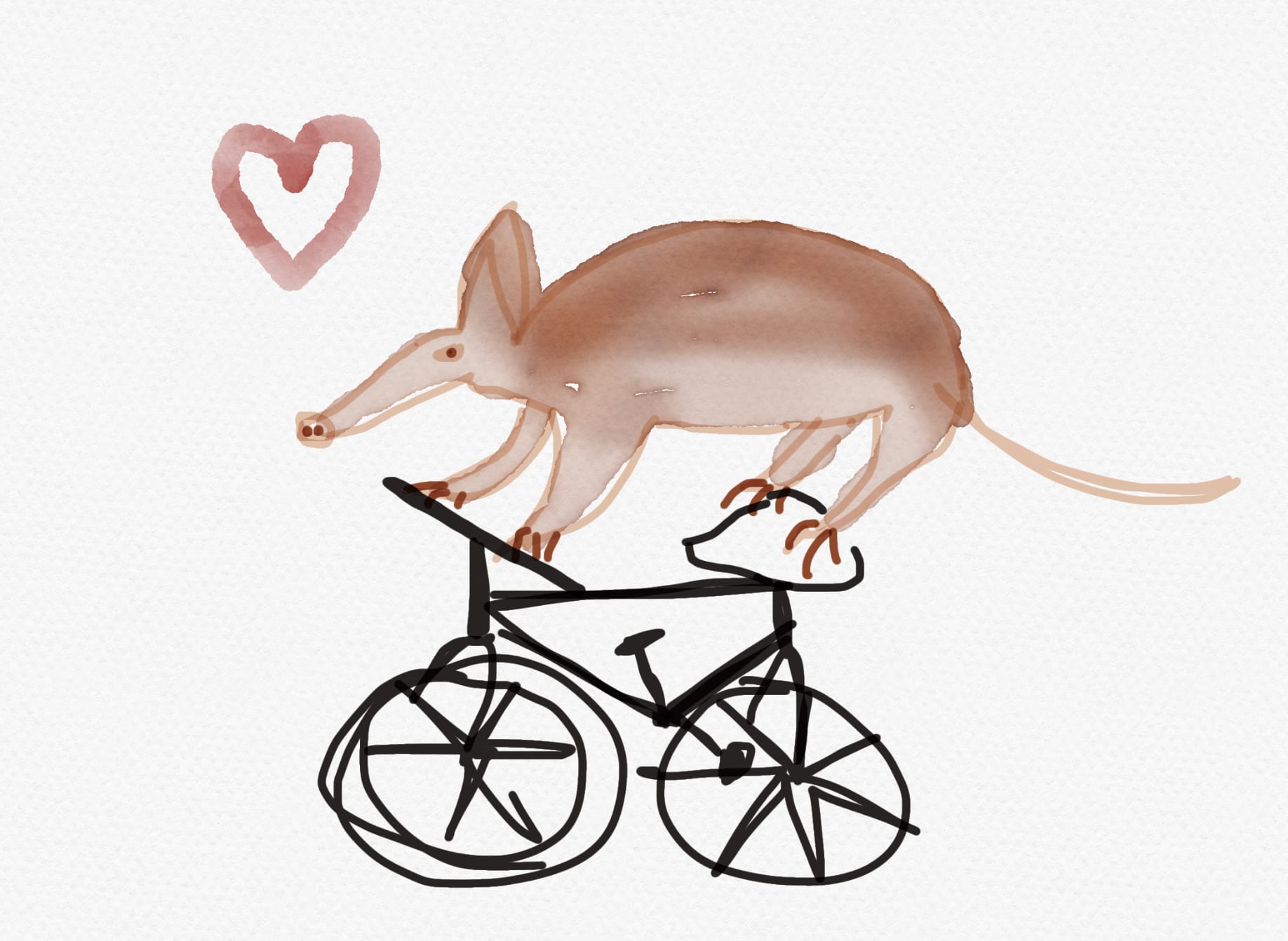
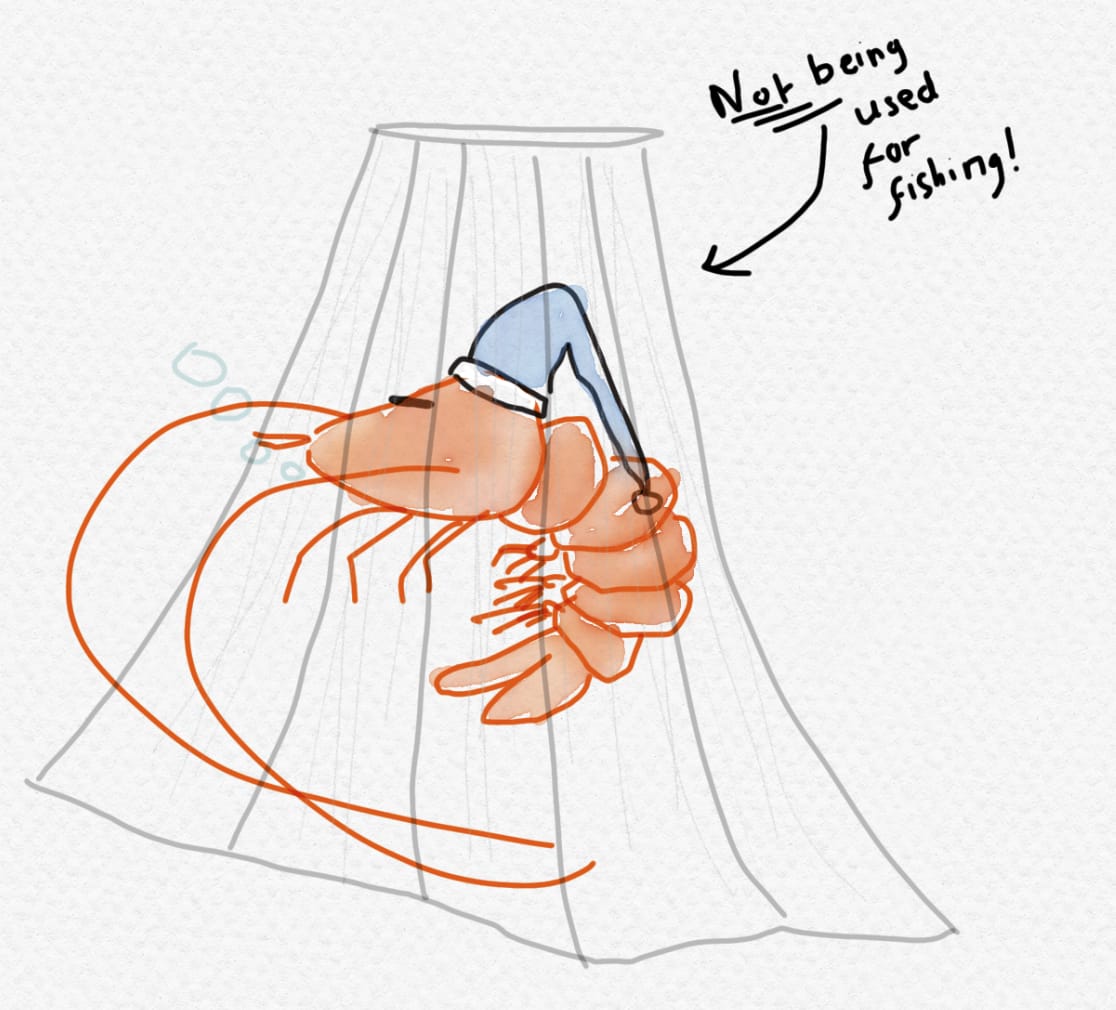

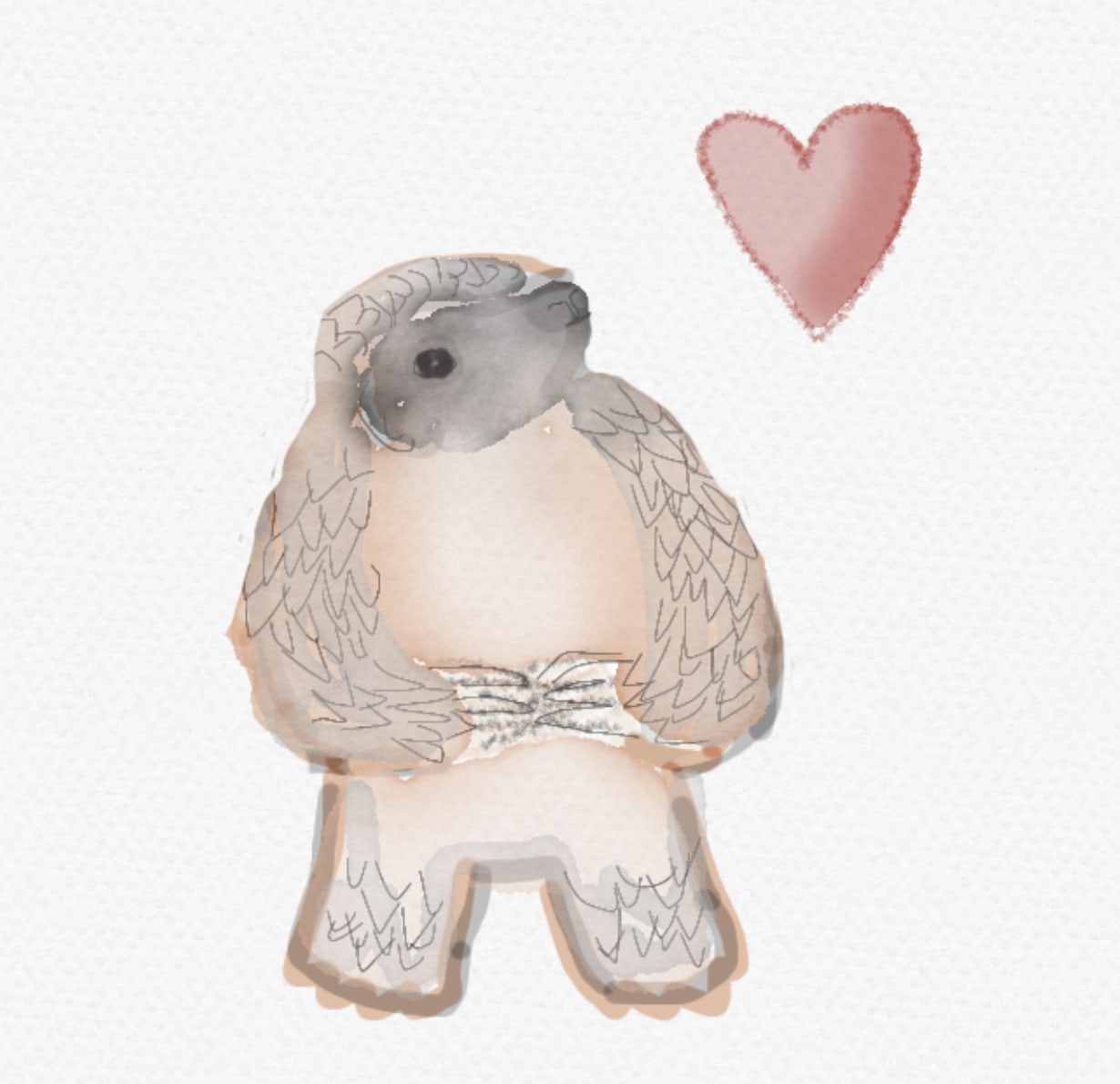
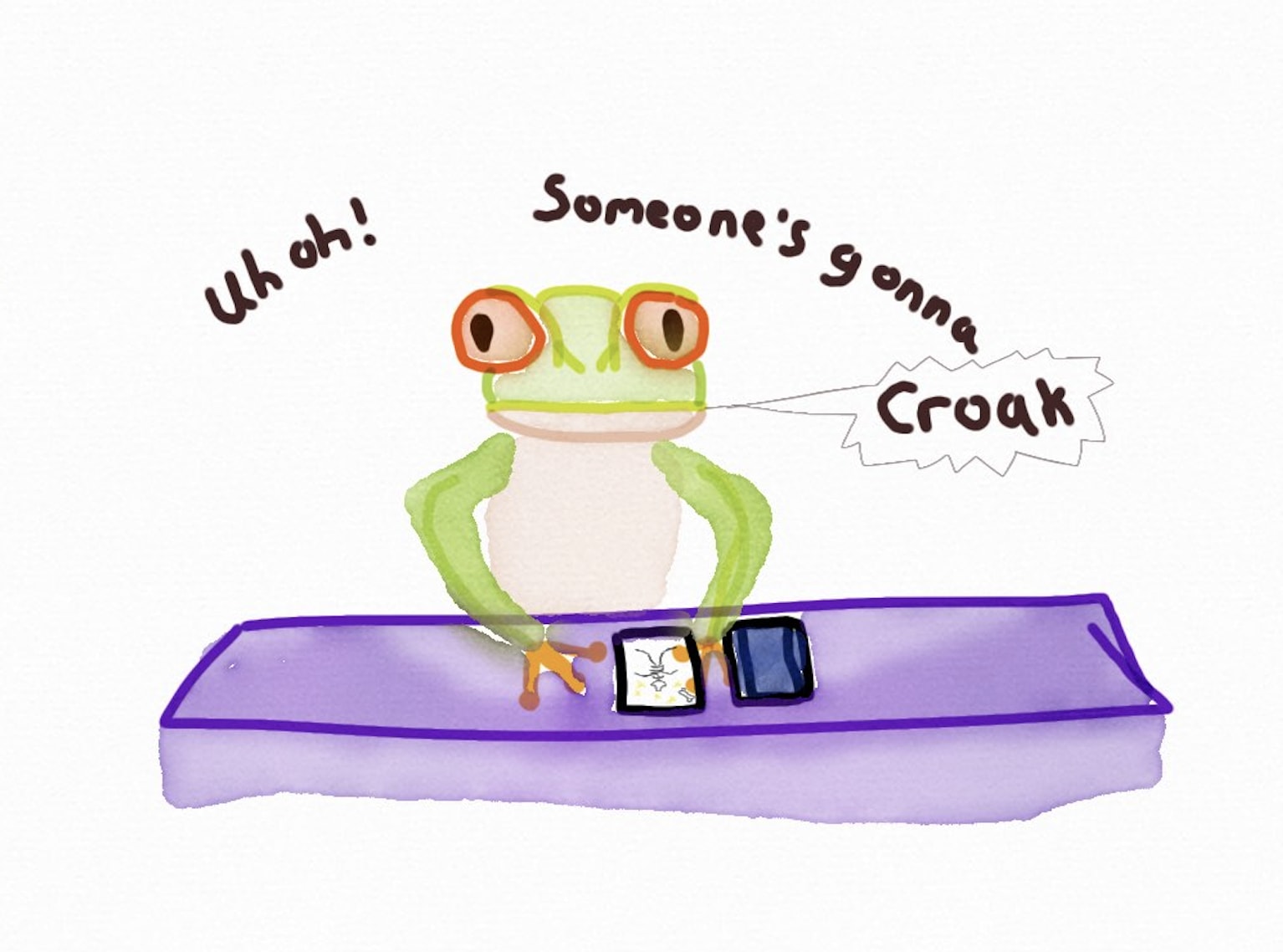


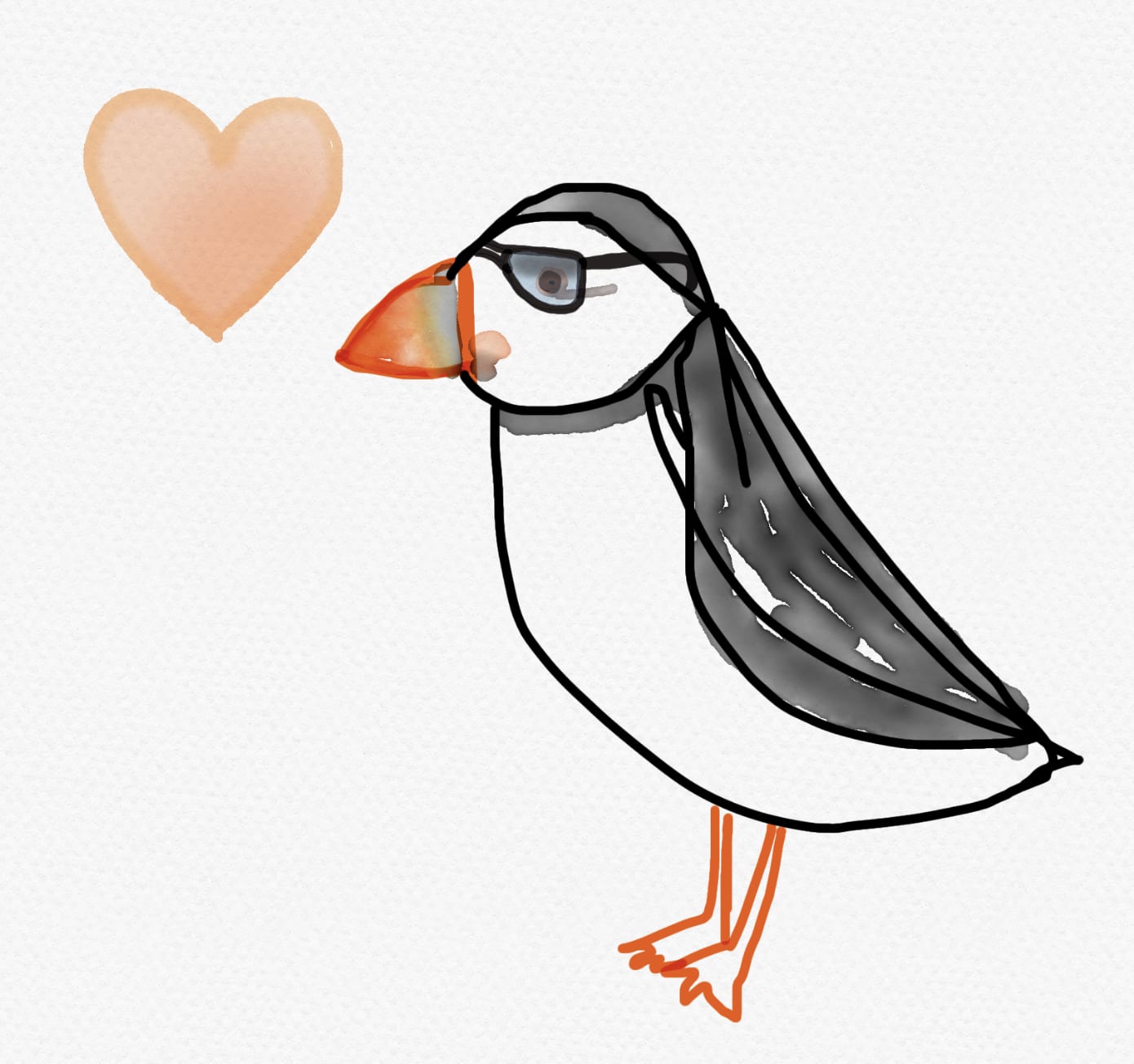
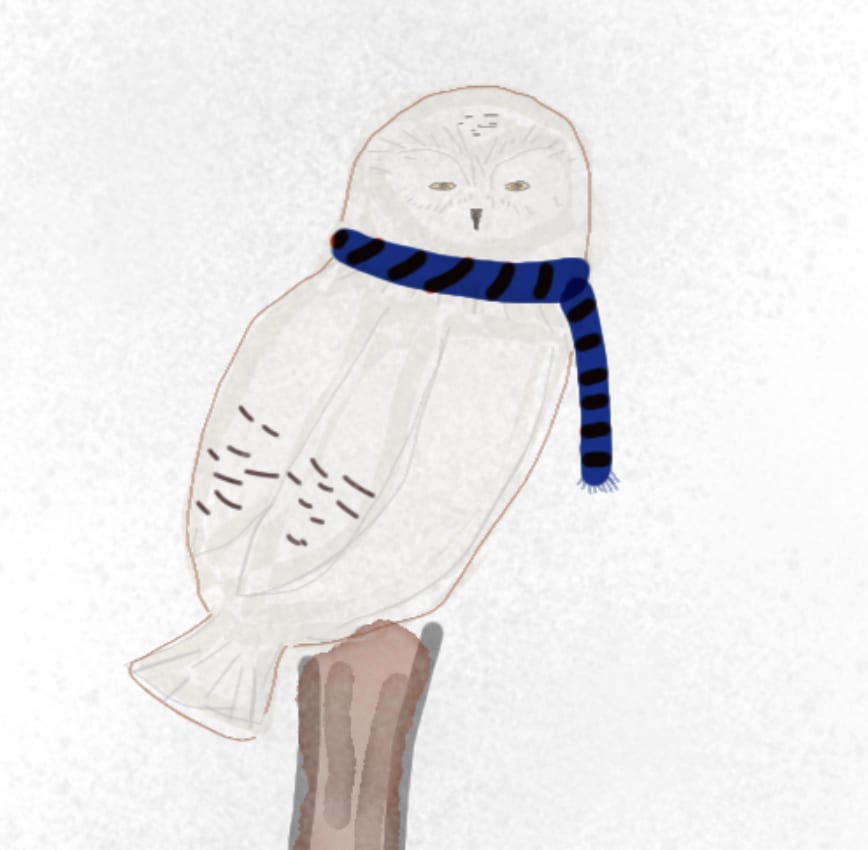

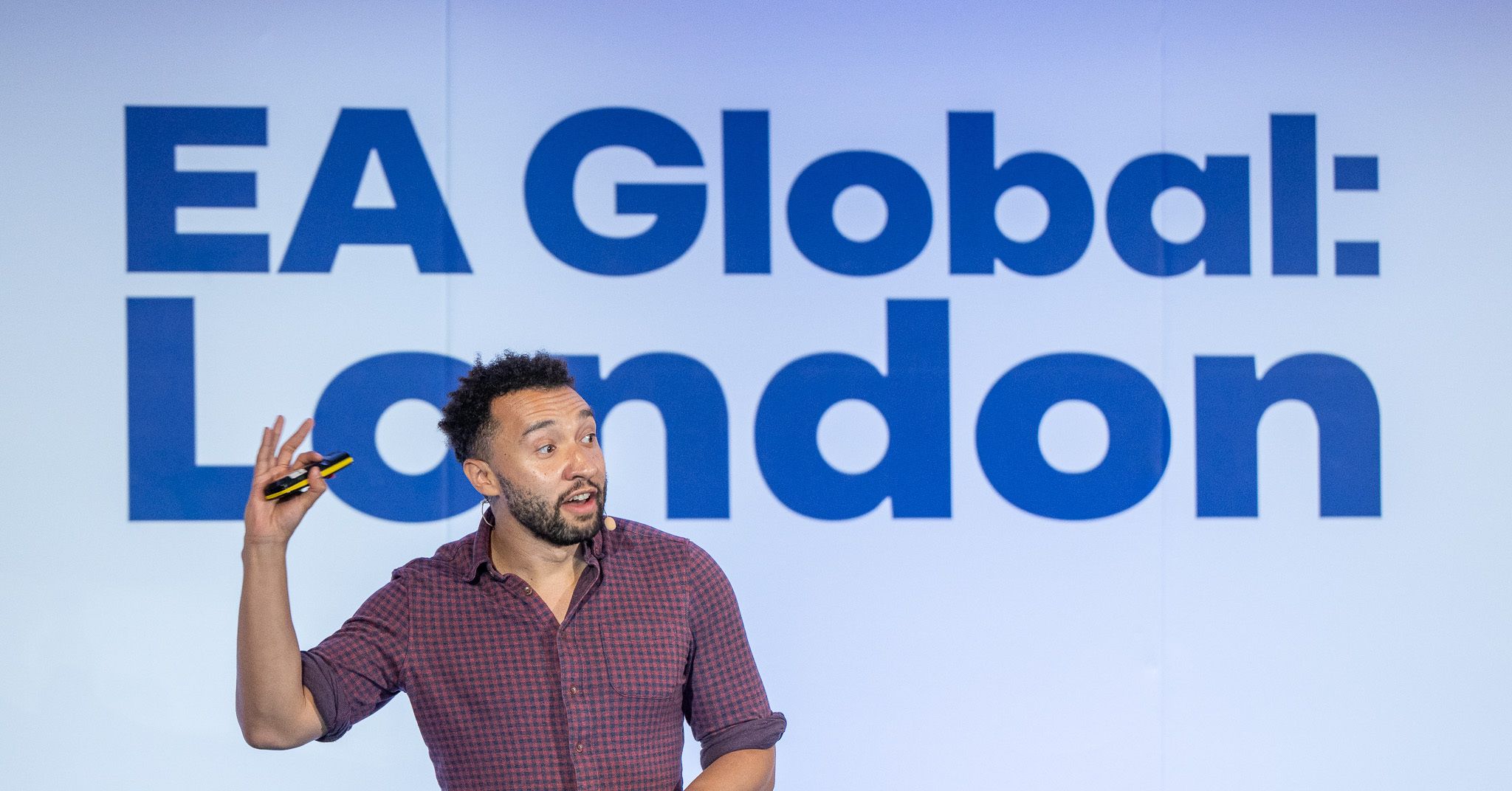
Drew this one for @Toby Tremlett🔹, who took some liberties with "animal":